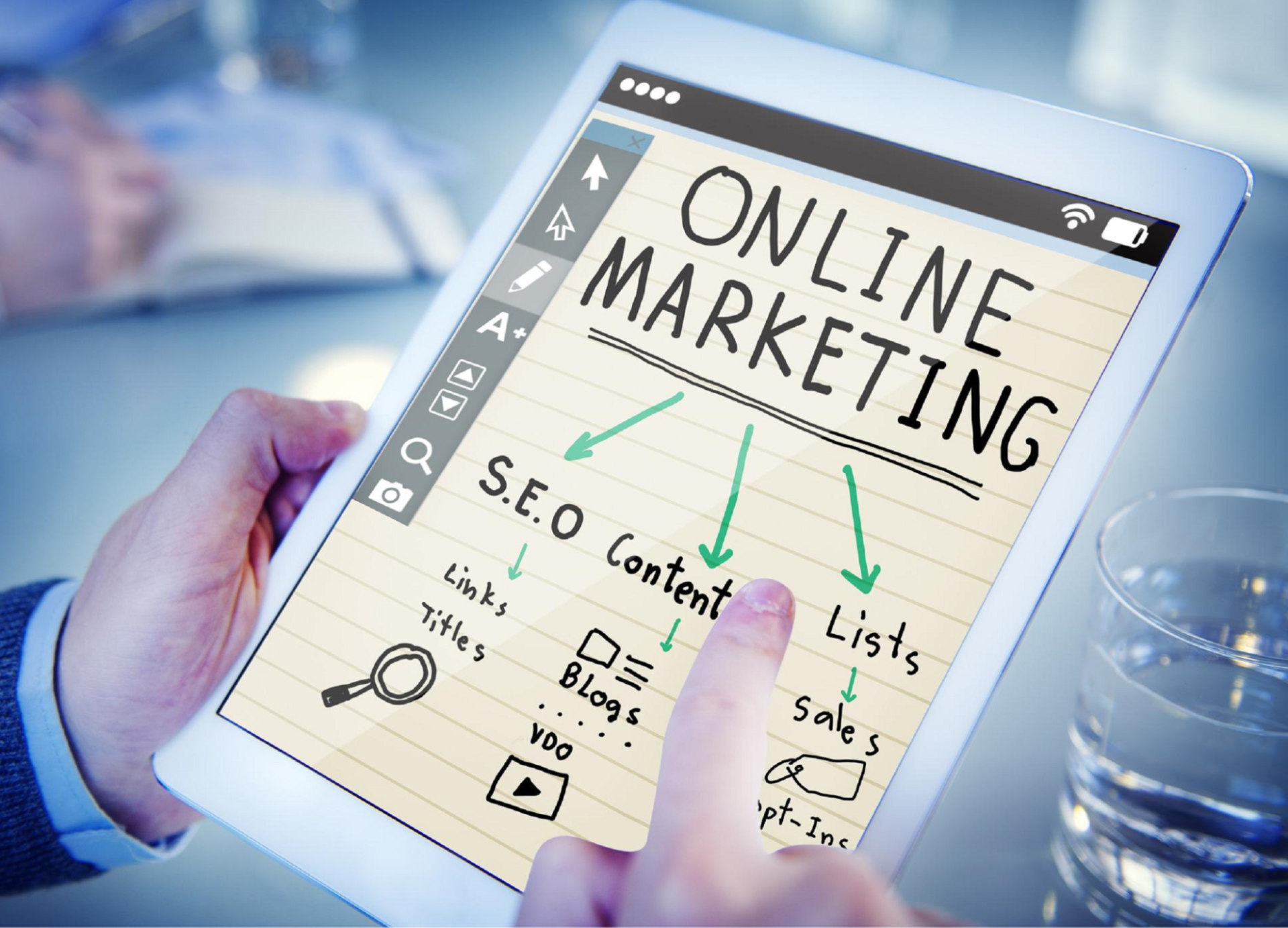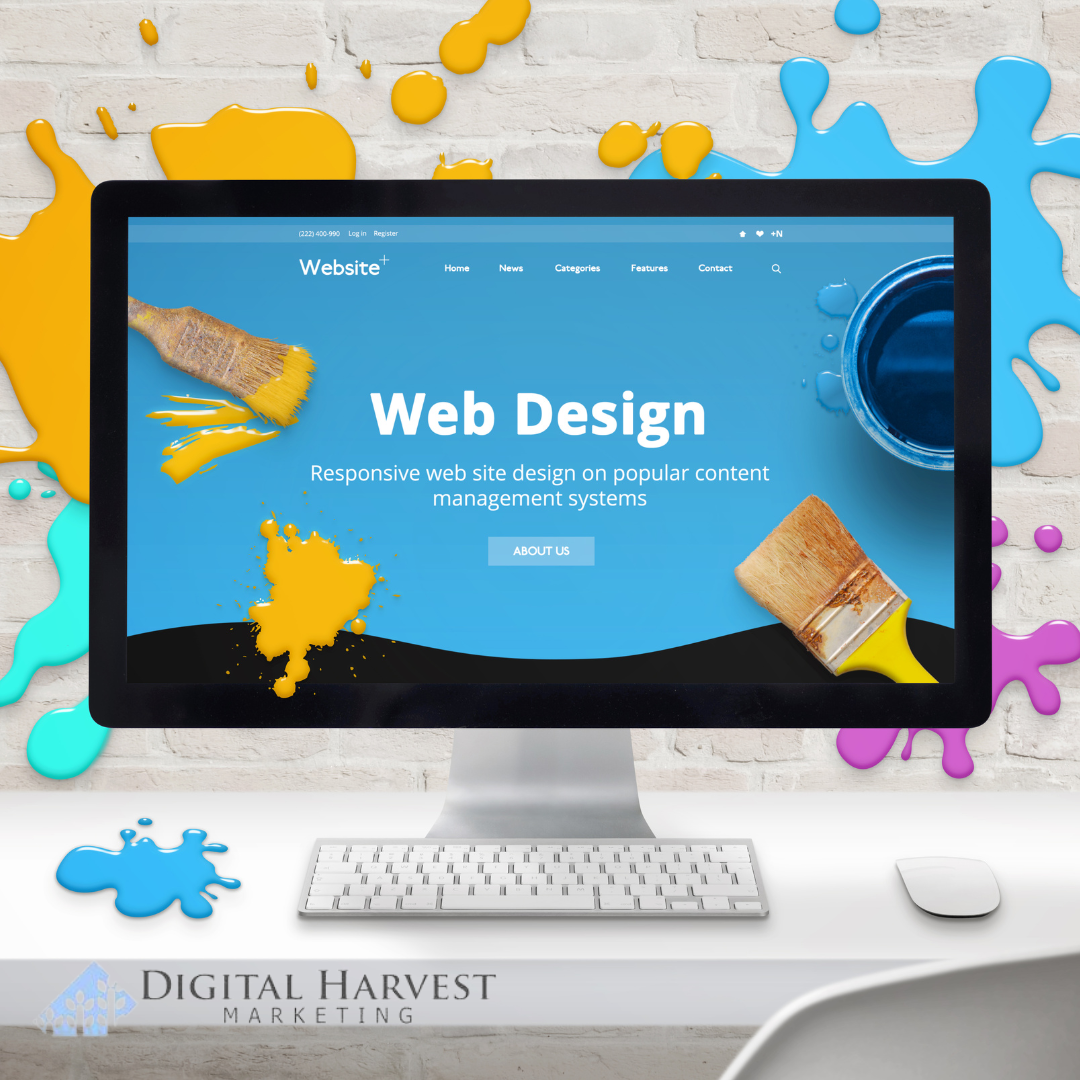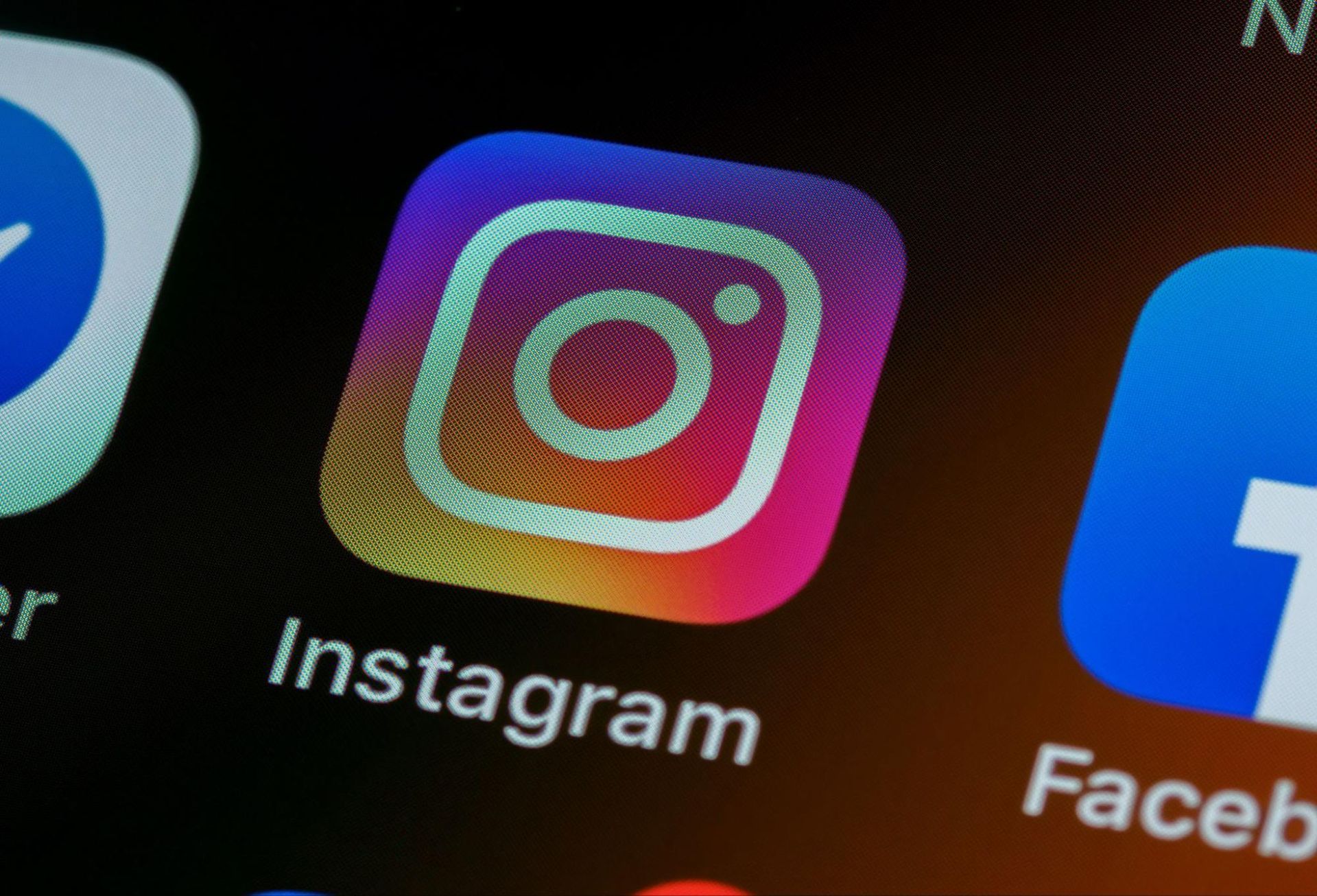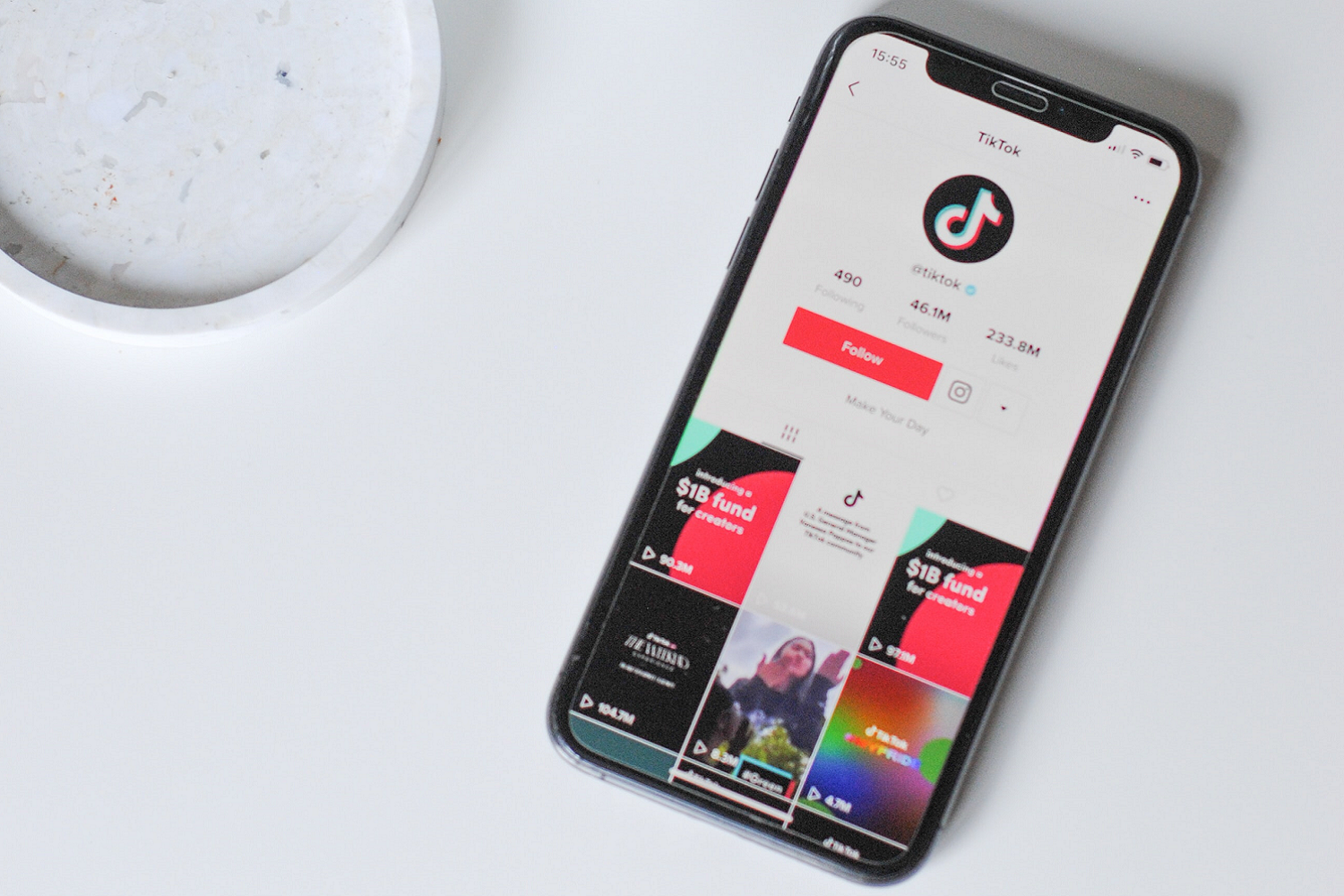How to Create a Digital Marketing Budget as a Small Business

Every aspect of running a small business can be incredibly challenging, including creating a budget. Most small businesses are on a very tight budget, so you want to ensure that you distribute it in a way that doesn’t neglect any of your business needs. Depending on your digital marketing experience, it can be even harder to figure out how much to budget for this part of your business expenses.
Whether you need to create your first digital marketing budget or need to adjust your existing one, the following tips will make it much easier.
The Rule of Thumb by Percentage
Remember that every single company is different, and your digital marketing budget will depend on a long list of factors. That being said, there are some general rules. B2B companies typically spend about 2-5% of their revenue on marketing as a whole. This figure is about 5-10% for B2C companies.
But there are two things to remember when using these general guidelines. First, there are significant variations within the range, and you may not even fit in the range. As such, use the ranges as a general guideline and don’t feel like you have to stick to the figures. Second, those percentages are for all marketing, not just digital marketing.
So, that 2-10% of your revenue will also include any non-digital marketing you do. For example, do you have radio ads, ads at bus stations, print flyers, or in-store advertising? All of those also need to be accounted for.
List All of the Potential Digital Marketing Expenses

To start figuring out where you fall within the typical range for digital marketing budgets, make a list of all the expenses you have or will have. Be sure to include digital marketing strategies you don’t yet implement but plan on using, such as local influencers. The following are some of the most important potential costs to consider:
● Website
● Social media advertising
● Social media management outsourcing
● Online advertising, including Google ads
● SEO and PPC
● Email marketing
● Video marketing
● Content marketing
● Local influencer marketing
● Brand development
● Training for anyone internal who will handle digital marketing
For each of these categories, remember to think about all of the associated costs. For example, your website cost is not just to design the website in the first place. There are also hosting fees and domain fees. You will also need website maintenance and potential updates.

Then, you also have website-related advertising costs, such as SEO. If you are going to hire someone to write a blog for your website, you also have those costs.
Take social media as another example. We mentioned both general social media management and paid ads, but you will want to consider more than this. Specifically, think about what social media pages you will need to be present on and allocate a budget for each of them.
Think About Your Customers
Once you have your list of potential expenses, it is time to think about your customer base. What channels are they on? What type of content are they most likely to respond to?
Use those answers to decide how to allocate your budget. You will focus your budget and efforts on the channels and marketing strategies that are most likely to deliver results.
Create Clear Goals
Next, set goals for your digital marketing efforts. Remember that your goals should be measurable, as this lets you track them. For example, instead of saying “get more website visitors,” say “get X more website visitors per week.”

Consider What Tools to Use, Including Free Ones
Most small businesses will want to keep their digital marketing budget as low as possible. Luckily, there are many free tools that can help with this. Google AdWords Keyword Planner is one great example. Just remember that paid tools will give you more resources and features than free ones; however, your business may not need those extras.
This is also the time to figure out what you will do in-house and what you will outsource. Remember that doing your digital marketing in-house is not always cheaper, as you will have a learning curve and spend time that you could’ve spent on something else. You may also get a lower ROI. As such, you need to carefully evaluate the pros and cons before deciding whether to outsource specific marketing efforts.
Track the Budget and Results and Adjust as Needed
As with any other aspect of running your small business, don’t force yourself to stick to a marketing budget long-term once you establish it. Instead, make it a point to regularly evaluate your digital marketing results and your expenditure. Compare your results to baseline figures from before you implemented your new strategies.
If you see results but they aren’t enough to let you reach your goal, consider increasing your budget. If you surpass your goals, see if you can reduce your budget. Or if you aren’t seeing results, temporarily reduce your marketing budget while you figure out what works best.
Conclusion
Most B2B businesses spend between 2 and 5% of their total revenue on marketing, and B2C businesses usually spend 5-10%. Use those figures as a starting point, but consider your goals and potential costs. Most importantly, regularly evaluate your marketing efforts and results, changing your budget as needed.
Content created for Digital Harvest Marketing.
Are you looking for help navigating the ever complicated digital marketing space? We can help!
The Harvest










